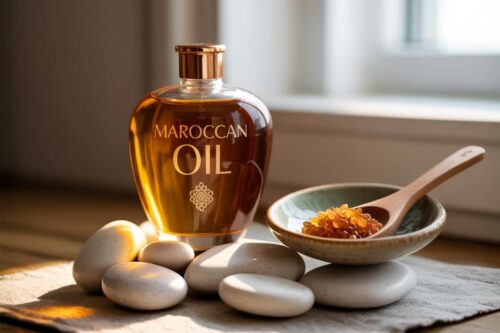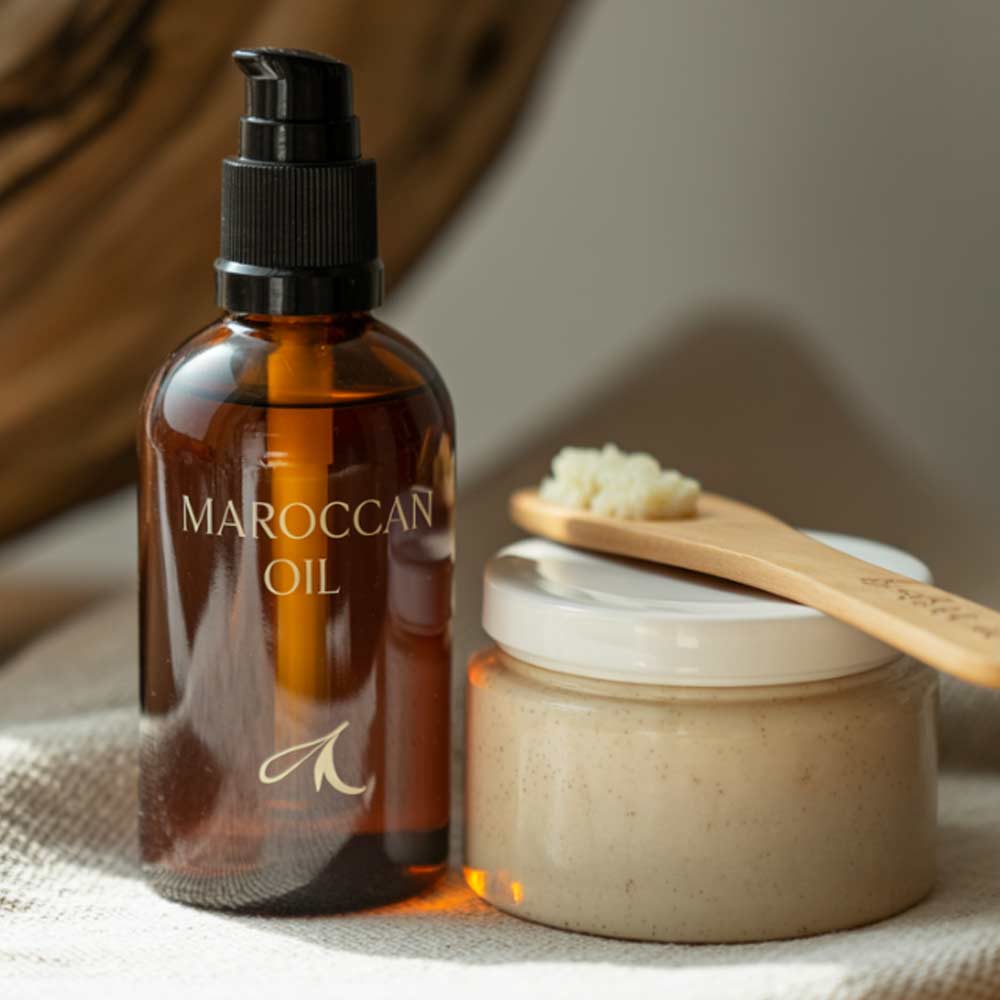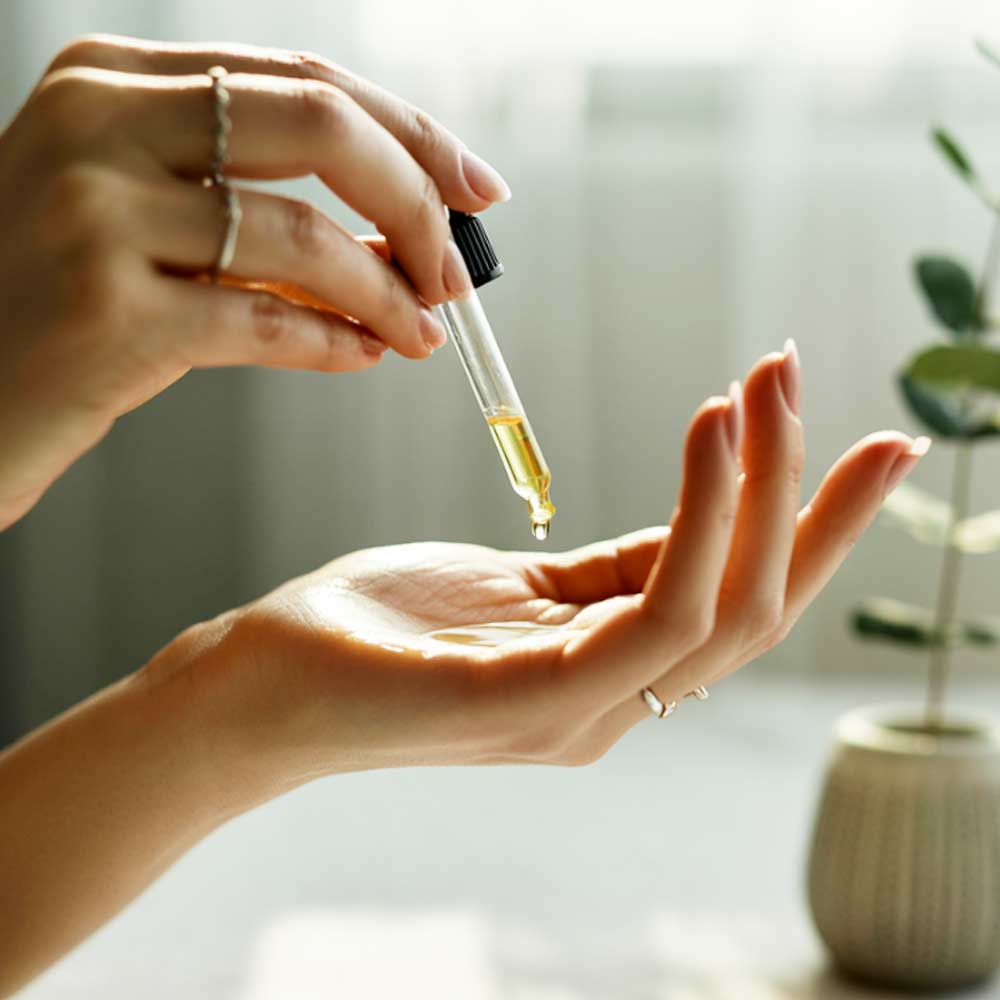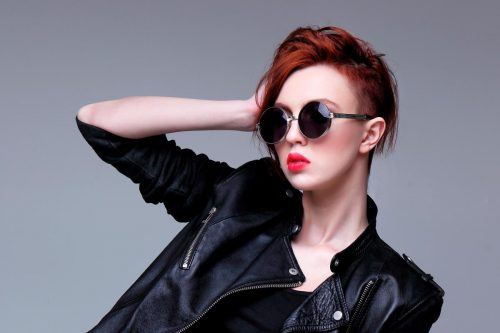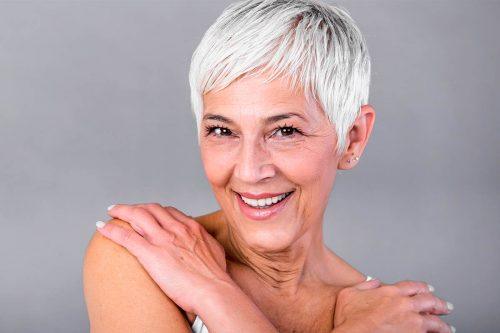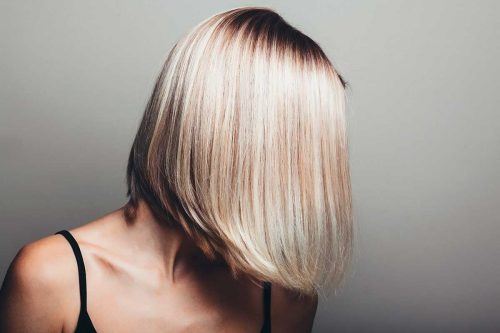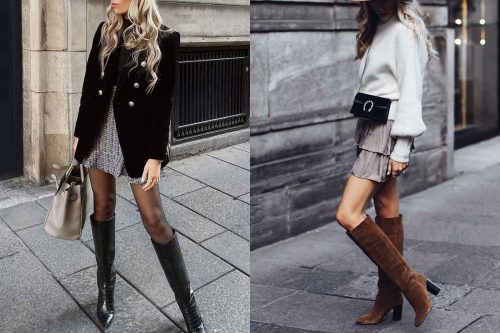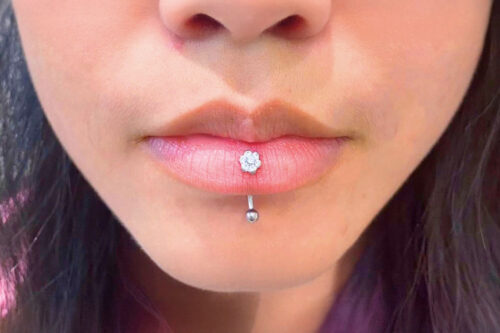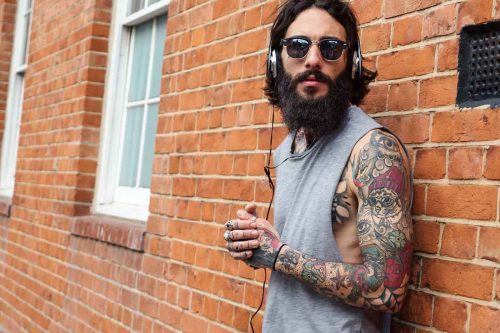Moroccan oil (also known as argan oil) is a powerful, nutrient-rich oil derived from the kernels of the argan tree, native only to Morocco. Due to the tree’s limited growing region and labor-intensive extraction process, this golden oil is considered one of the rarest and most valuable oils in the beauty world. In this guide, we’ll explore its benefits, how to use it for hair and skin, how to avoid fake products, and why it’s worth the investment.
*We may earn money from affiliate links on this page. Please check out our disclosure policy for more details.QUICK NAVIGATION
- What Makes Moroccan Oil Special?
- Benefits Of Moroccan Oil
- How To Use Moroccan Oil
- Benefits for Skin
- Health & Wellness Perks
- Warning: Avoid Imitations
- FAQ: Moroccan Oil
What Makes Moroccan Oil Special?
- Sourced only from Morocco, where the argan tree grows exclusively
- Cold-pressed from argan kernels by local Berber women
- Rich in essential fatty acids, antioxidants, and vitamin E
- Naturally nutty-scented, light to golden brown in color, and has a thicker consistency than many oils
Fun fact: The argan tree region is protected by UNESCO, and the argan industry supports over 3.5 million Moroccans, funding education, healthcare, and employment.
Benefits Of Moroccan Oil
Thanks to its ultra-nourishing properties, Moroccan oil has become a cult favorite in the hair care world:
- Deeply moisturizes dry and damaged hair
- Smooths frizz and flyaways
- Strengthens strands and prevents split ends
- Adds instant shine without weighing hair down
- Protects against heat and environmental damage
How To Use Moroccan Oil
As a mask:
-
- Apply a few pumps of oil to damp hair.
- Focus on the mid-lengths and ends.
- Leave on for 30–60 minutes or overnight.
- Rinse and shampoo thoroughly.
As a daily leave-in:
- Rub 1–2 drops between palms.
- Smooth over dry or styled hair for shine and frizz control.
Benefits for Skin
Argan oil isn’t just for your hair, it’s also a skin-loving hero:
- Hydrates and softens dry, rough skin
- Fades scars and stretch marks over time
- Reduces inflammation and soothes eczema or psoriasis
- Helps heal wounds and sunburns
- Protects against UV damage (antioxidant support)
- Improves elasticity and reduces fine lines
It absorbs quickly and can be used as a face oil, body moisturizer, or even lip balm.
Health & Wellness Perks
Pure argan oil may also support:
- Lowering bad cholesterol
- Supporting digestion and blood sugar regulation
- Strengthening nails and cuticles
- Boosting immunity with its antioxidant profile
- Soothing razor burns and irritation
Warning: Avoid Imitations
Due to its high demand and limited production, argan oil is often faked or diluted.
How to tell if it’s real:
- The label should say 100% pure argan oil (Argania Spinosa Kernel Oil)
- Comes in a dark glass bottle to protect from light
- Should have a light nutty scent (fragrance-free versions are often refined)
- Expect a mid-to-high price point — cheap versions are usually diluted or synthetic
Moroccan (argan) oil is truly a beauty multitasker — nourishing, protective, and suitable for hair, skin, and more. Sourced ethically and packed with nutrients, it's more than a trend; it’s a timeless beauty staple.
Look for the real thing, use it regularly, and let your hair and skin enjoy the glow.FAQ: Moroccan Oil
Is Moroccan Argan oil a heat protectant?
Unlike different fixed oils that usually begin to break down at 300oF or lower, Moroccan Argan oil can face up to better temperatures (up to 420oF) so that you can properly use it as a great hair heat protectant. When using Moroccan Argan oil, you don’t have to worry about frying your locks with a straightening iron or curling wand.
Is Moroccan shampoo sulphate free?
Shampoos and conditioners containing Moroccan Argan oil are soft, easy-to-use and ready to rock, giving your locks lasting moisturization to the driest and most damaged hair. This repairing formula is alsolutely free of sulfates, phosphates and parabens.
Was this article helpful?



